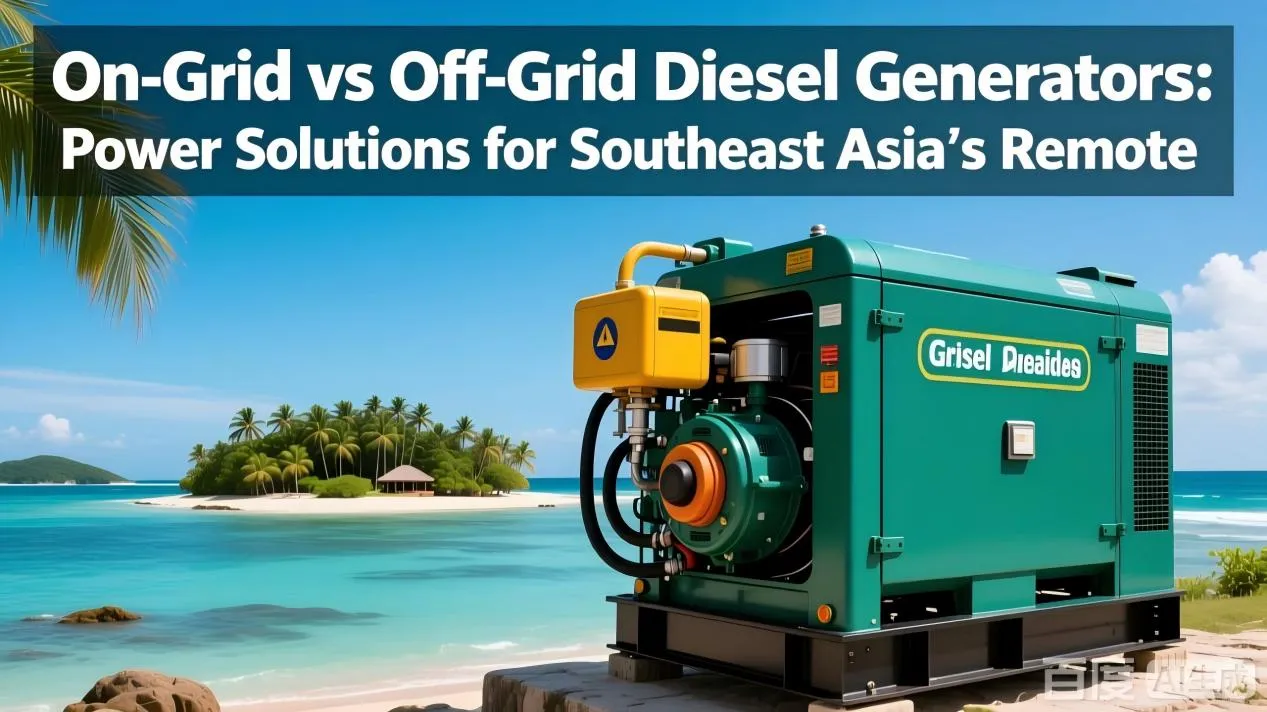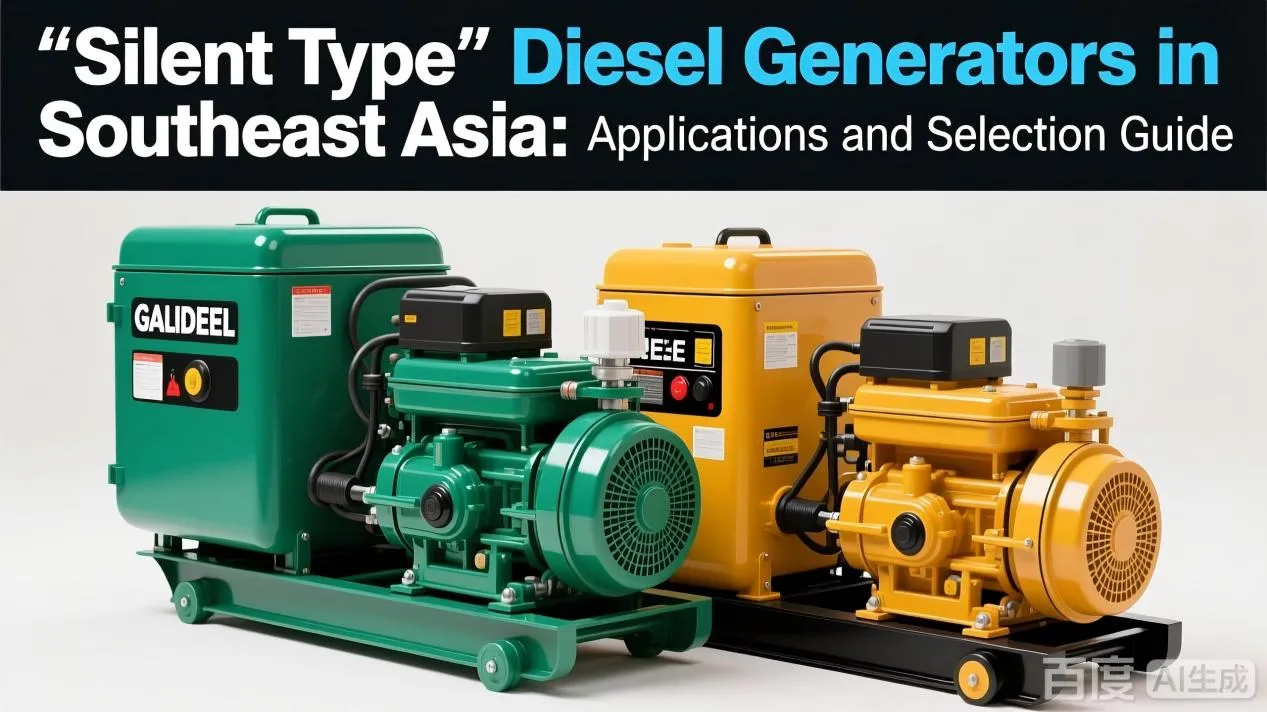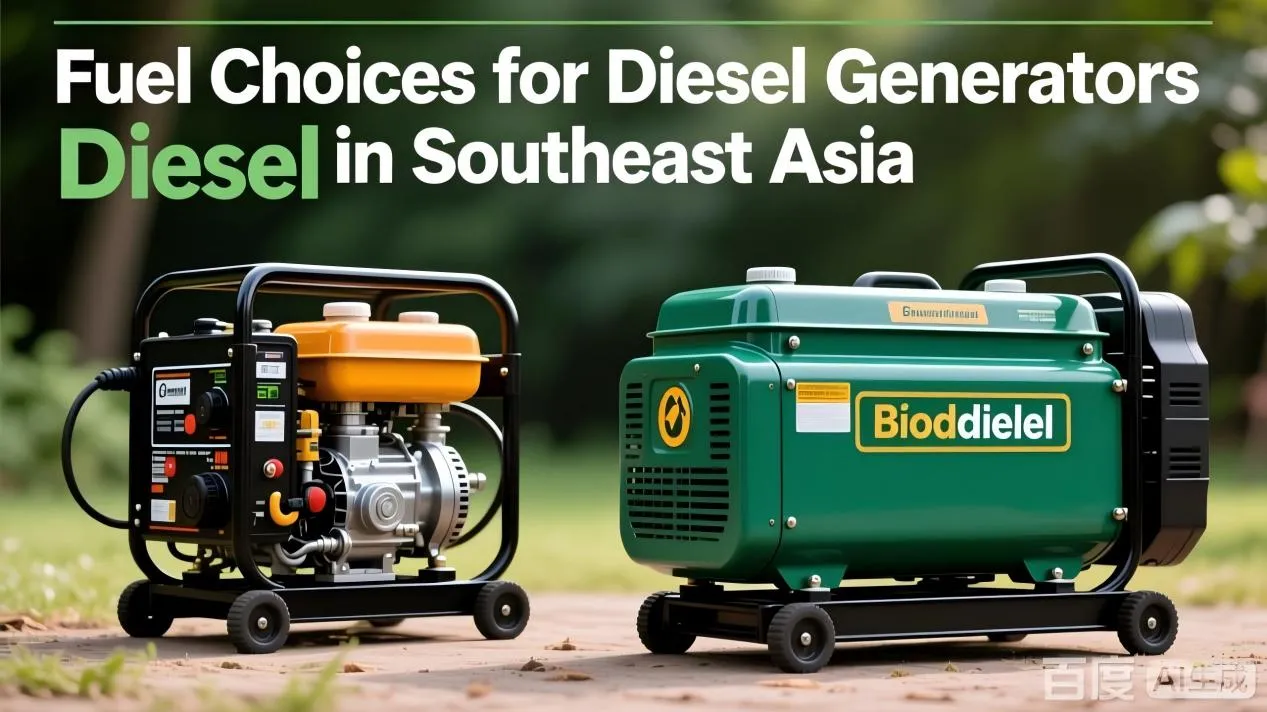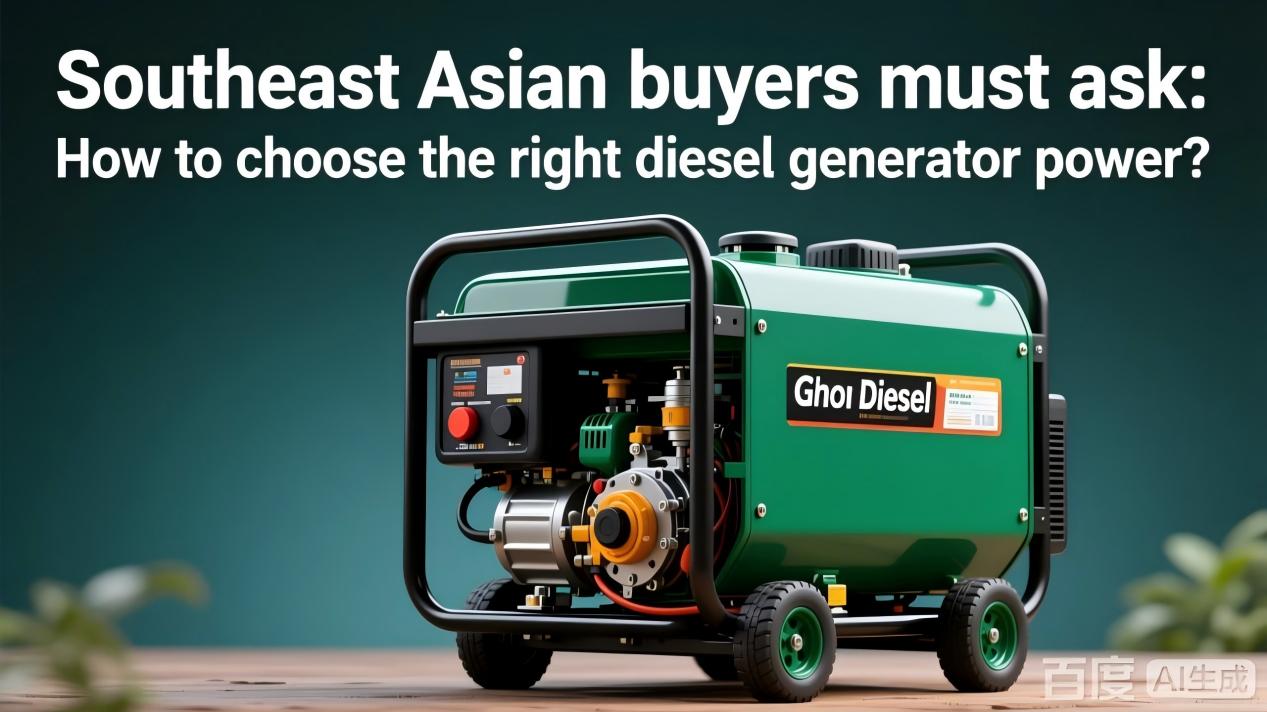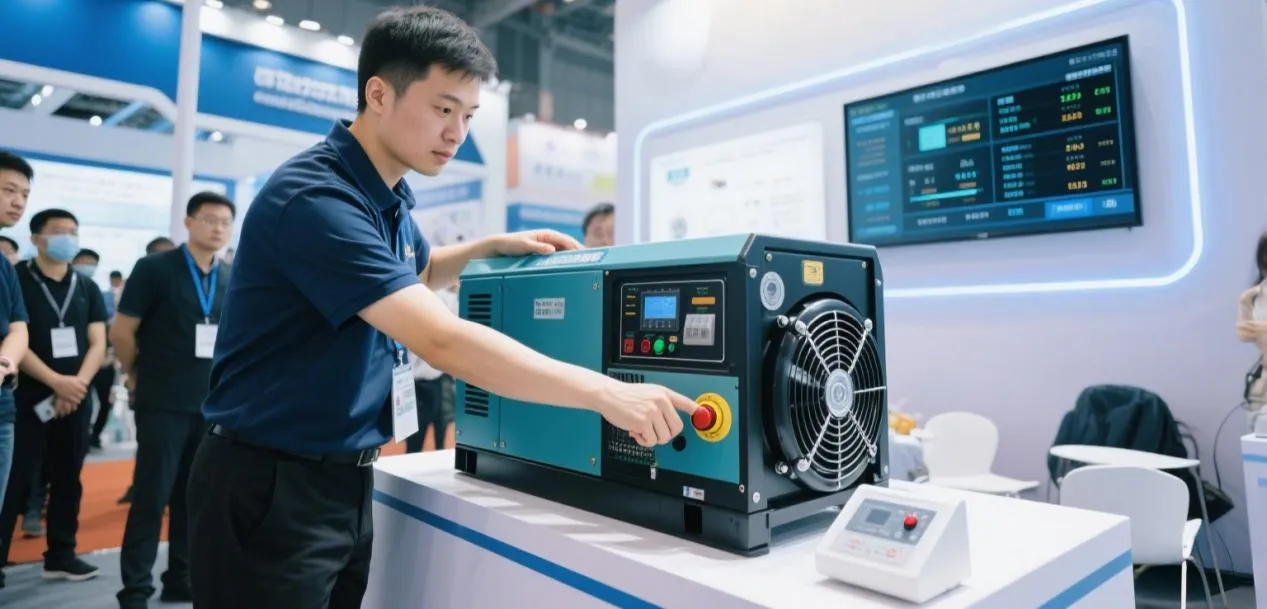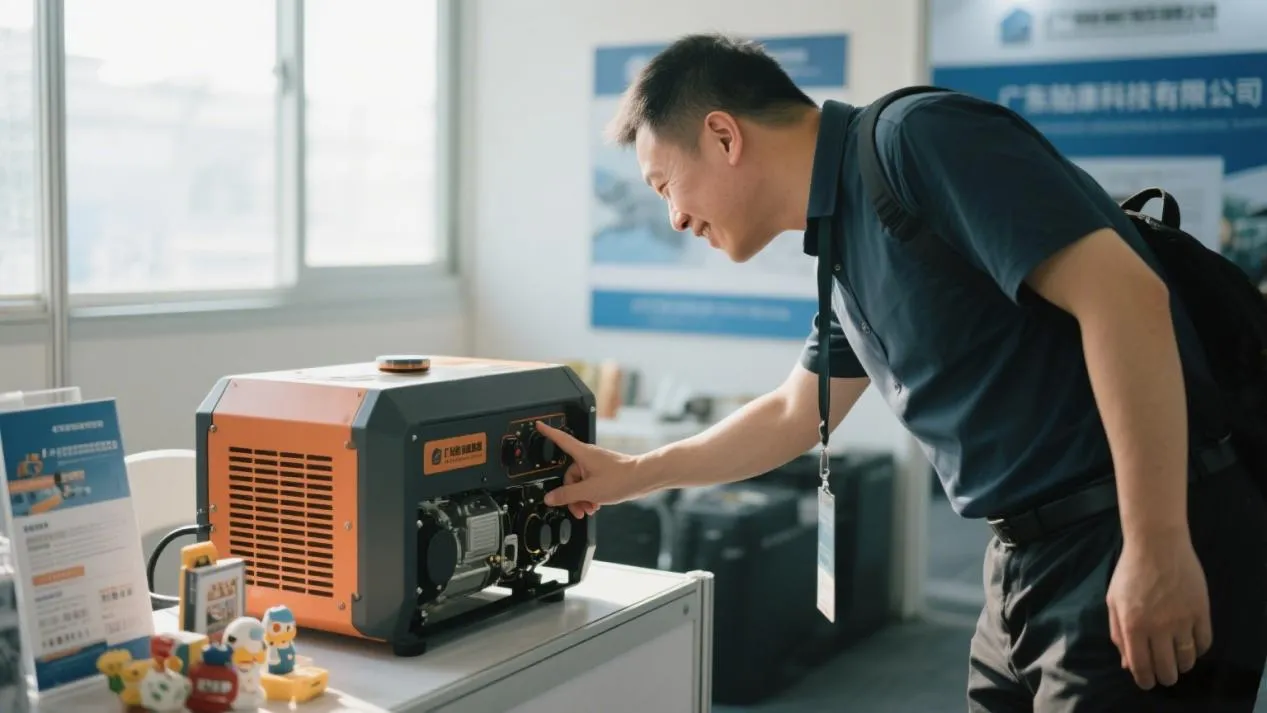How to Choose the Right Generator for Your Home
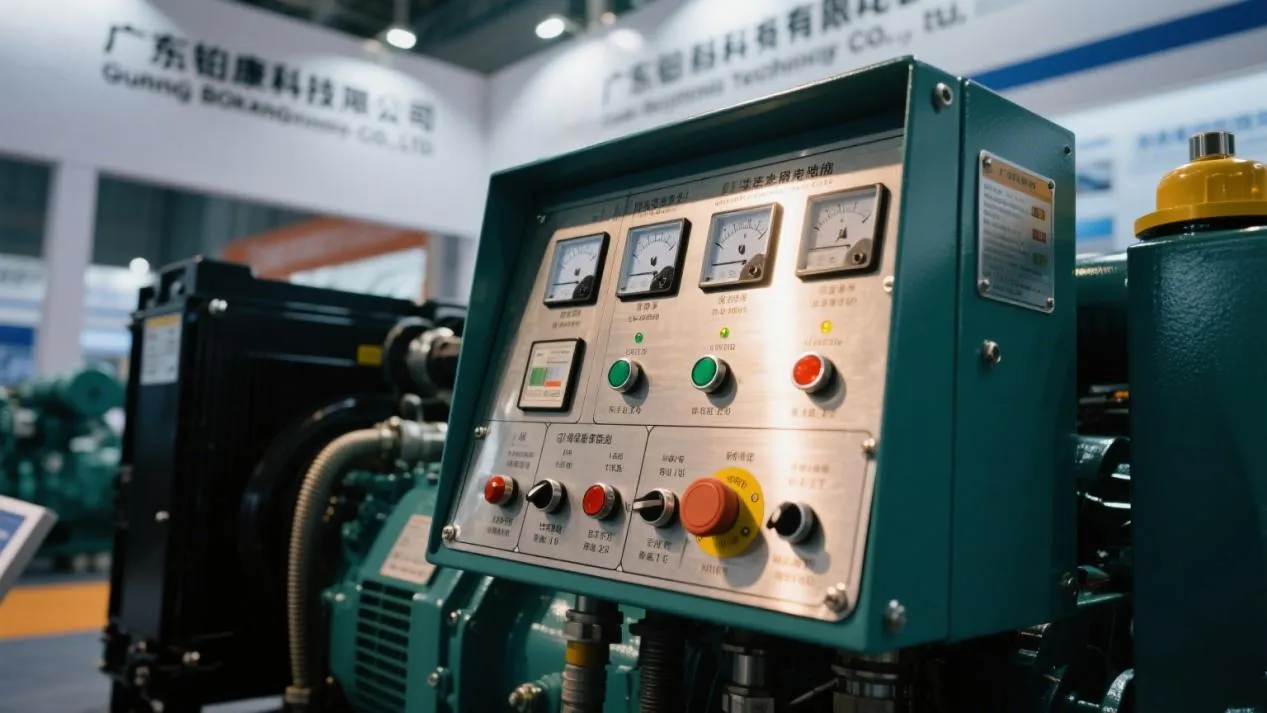
A reliable power source is more important than ever. When the main power grid goes down, a generator keeps the lights on, the appliances buzzing, and the essential systems running.
How do you know the right generator size for your home? This question often confuses many homeowners. However, with the help of DC guides, you will be able to unravel the mystery and select the perfect generator size that meets your home’s specific needs, ensuring peace of mind.
This article will equip you with the knowledge to confidently choose the right generator size for your needs. Read on to discover the key factors you should consider to make an informed decision and keep your family comfortable and safe.
The Importance of Installing the Right Sized Generator
Choosing the right size is crucial to ensure you get uninterrupted power.
Disadvantages of Overpowering Generators
It’s not always better to go with a larger generator. Buying one with more power than you need is a serious waste. The reasons are as follow:
1.High Cost: Larger generators come with a higher initial cost. If you don’t utilize its full potential, this extra expense becomes unnecessary.
2.Fuel Cost Savings: A generator runs best at a specific load. The less efficient a super-large generator operates, the more fuel it consumes.
3.Higher Bills: Larger generators have higher maintenance and operational costs. These additional expenses can quickly add up, making it a more expensive choice in the long run.
Disadvantages of Underpowered Generators
1.Insufficient Power: The biggest risk is that the generator may not be strong enough to power your essential appliances, leaving you in the dark.
2.Overworking and Breakdown: Forcing a smaller generator to work beyond its capacity will lead to constant overload. This puts immense stress on the system, causing frequent failures, reducing lifespan, and risking damage to your equipment.
3.Fire Hazard: An overloaded generator is a ticking time bomb. It can cause severe damage to itself and your devices, increasing the likelihood of electrical fires and other dangerous situations.
Benefits of Choosing the Right Generator Power
1.Reliable Power: A correctly sized generator will provide a reliable power supply that meets your specific needs. It ensures all essential devices and appliances in your home run smoothly, keeping you comfortable and safe during power outages.
2.Cost-Effective: Choosing a generator suited to your power needs will prevent unnecessary initial costs and ongoing operational expenses associated with larger models. It represents a smart investment that fulfills your power needs without straining your finances.
3.Prevents Hardware Damage: Using a generator that matches your exact power requirements can prevent the potential hazards caused by overloading or insufficient power. This keeps both the generator and the equipment it powers safe, thus extending their lifespan and reducing repair costs.
Generator Size - Rated Power and Running Power
The process of choosing a generator essentially comes down to determining its rated power and running wattage.
Rated Wattage: It refers to the peak output potential of the generator, usually measured in watts or kilowatts, which indicates the maximum power the generator can provide at any given moment. This is crucial to ensure your generator can handle the peak power demands of all connected appliances and devices without overloading.
Running Wattage: It refers to the actual watts the generator produces under normal running conditions, which is essential to match this with the average total wattage of the appliances and electronic devices you plan to power. Running wattage must account for both the continuous and surge (starting) wattage of the equipment to avoid overloading the generator when demand suddenly spikes.
Understanding these two key aspects ensures your generator can meet your needs reliably and efficiently without being oversized or undersized.
How Much Generator Power Does Your Home Need?
1.List all the devices you plan to power with the generator.
2.Determine the continuous and starting wattage of each device on the list.
3.Calculate the total power requirements.
Steps to calculate the total power demand of a generator:
1.Calculate running capacity: Determine the running power of all the devices you will use simultaneously.
2.Add peak starting power: Identify the device with the highest starting power and include it in the total running power calculation. This accounts for the extra power needed to start the most power-hungry device.
By following these steps, you can accurately calculate the total capacity of the generator needed to keep household appliances running during a power outage. Always consider both running and starting wattage to ensure your generator can handle peak loads and maintain stable operation.
Some households may require higher power demands during power outages, while others may only need to run fewer devices simultaneously. Generally speaking, a generator capable of producing 5,000 to 8,000 watts is sufficient to power an average household.
Other Factors to Consider When Choosing the Right Generator Size
Choosing the right generator size is the foundation, but there are many other factors that will guide your decision to ensure you select the ideal generator for your unique needs. Here’s a summary of key factors to consider:
1.Frequency of Power Outages: Assess how often power outages occur in your area and their usual duration. If you live in an area with frequent blackouts, investing in a more powerful, reliable generator might be a wise decision.
2.Generator Type: Understanding the subtle differences between various types of generators can help you choose the one that best meets your needs:
Portable Generator: Versatile and widely used, though typically provides lower power and is not the most efficient for continuous use. Best for smaller power needs.
Standby Generator: Fixed outdoors, automatically kicks in during power outages. These provide more power and deliver a stable power flow, making them ideal for large-scale blackouts and running an entire household.
Inverter Generator: Known for providing clean, stable power, especially suitable for sensitive electronic devices. While they are typically quieter and more fuel-efficient, they generate less power than standby generators.
3.Fuel Type: Different generators run on various fuels, each with its own advantages and considerations:
Gasoline: Readily available but may be difficult to store long-term, with possibly lower efficiency.
Propane: Burns cleanly and is easier to store than gasoline, though propane-powered generators often come with a higher initial cost.
Natural Gas: Offers a continuous fuel supply when connected to a gas pipeline, but requires professional installation, which could incur additional costs.
Diesel: Highly efficient and perfect for long-term use but typically noisier and more expensive.
4.Noise Level: Pay attention to the noise output of the generator, especially if you live in a residential area with noise restrictions. Inverter generators are usually quieter, whereas larger, higher-capacity generators tend to generate more noise.
5.Environmental Considerations: Look for generators that comply with environmental regulations and have features to reduce emissions. Models with efficient fuel systems or that use cleaner fuels are more eco-friendly.
6.Cost and Maintenance: Consider both the upfront cost and the potential additional costs, such as installation and accessories. Also, factor in the frequency and complexity of required maintenance. Some generators require regular maintenance routines like oil and filter changes.
7.Portability: If you need a generator that can be used in multiple locations or situations, portability is essential. Compact, lightweight models with wheels and handles are easier to transport.
8.Installation Requirements and Professional Help: Standby generators usually require professional installation, which may increase the overall cost. Ensure you have qualified professionals and consider the logistics of installing the generator, including any necessary permits and inspections.
9.Warranty and Support: Consider the availability of warranty and customer support. A solid warranty and accessible support can reduce long-term issues and costs.
10.Durability and Quality: Consider purchasing a generator known for its durability and excellent build quality. This ensures reliable performance and longer lifespan, ultimately making your investment worthwhile.
11.Ease of Use: Look for features that enhance the user-friendliness of the generator, such as electric start, intuitive controls, and simple instructions. These factors are especially important in emergencies when ease of operation is crucial.
By considering these additional factors, along with the generator size, you can choose a generator that fits your power needs and ensures reliable, efficient operation during power outages, or consult BISON for customization according to your unique situation.
Conclusion
In this article, DC thoroughly explored the factors to consider when selecting the most suitable generator size for your home. This includes outage frequency, generator type, fuel type, noise levels, environmental impact, costs and maintenance, portability, installation requirements, professional help, warranty, and support. The process of determining the right generator size, including calculation steps, helps you make an accurate choice.
DC offers wholesale services for various home generators. Feel free to visit our store to check out popular models. We also provide customization to meet your specific needs.
